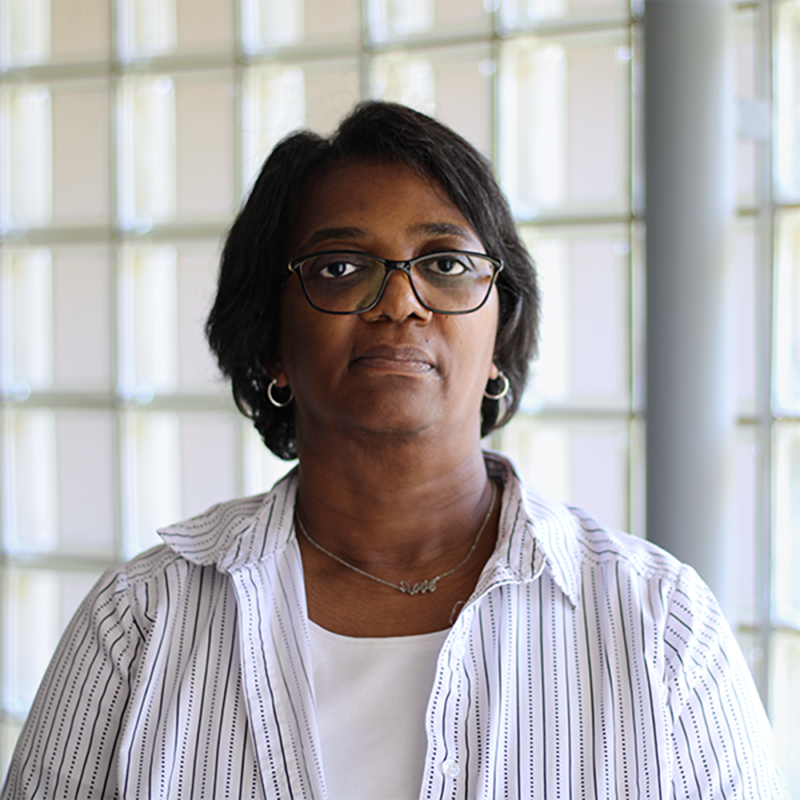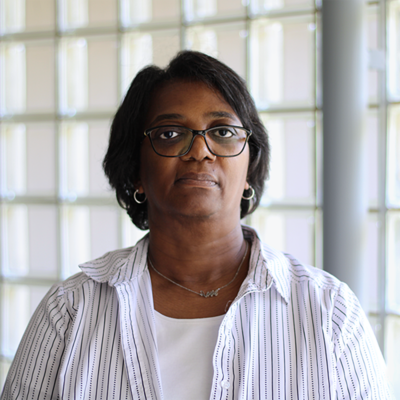 Virginians across the state are talking about whether to vote “yes” or “no” on November 7 concerning the proposed amendment to the State constitution that would ban gay marriage and civil unions. But a fact often glossed over in such discussions: The amendment provisions are already explicitly written into State law.
Virginians across the state are talking about whether to vote “yes” or “no” on November 7 concerning the proposed amendment to the State constitution that would ban gay marriage and civil unions. But a fact often glossed over in such discussions: The amendment provisions are already explicitly written into State law.
Marriage is a big part of the Code of Virginia—search the Code, which is the body of State laws, and you’ll find 362 references to marriage in a heap of contexts. The Code enumerates that you can’t become a bigamist out-of-state and come back. It informs you that celebrating a marriage without a license could cost you a $500 fine. And, as of 2004, it prohibits same-sex marriage and spells out that “a civil union, partnership contract or other arrangement between persons of the same sex purporting to bestow the privileges or obligations of marriage is prohibited.”
Yet nowhere in the State constitution is the word marriage itself even mentioned.
If these separate spheres of law seem so clearly laid out, why is an amendment necessary to put “marriage” in the constitution for the first time? “Activist judges,” says David Clementson, spokesman for State Attorney General Robert McDonnell, a Republican. In McDonnell’s official opinion on the ramifications of the marriage amendment (also known as the “Marshall-Newman” amendment), he writes that state courts in Vermont, Massachusetts, Hawaii and Maryland “have altered or struck down statutory definitions of marriage.” Clementson says that any Virginia judge with jurisdiction over a marriage case could strike down the statute. Therefore, only by enshrining marriage restrictions in the constitution can current law remain “protected.”
McDonnell also says that, in his opinion, the amendment wouldn’t restrict the current legal rights of unmarried persons involving wills, contracts, advance medical directives or domestic violence. Yet others, including conservative federal judge J. Harvey Wilkinson, charge that the Virginia amendment’s vaguely worded second paragraph will take power from the legislature and hand it to none other than (potentially “activist”) judges. The final sentence of the amendment says that the Commonwealth shall not “create or recognize another union, partnership, or other legal status to which is assigned the rights, benefits, obligations, qualities, or effects of marriage.”
“The amendment is written in very broad and sweeping language—it’s very ambiguous,” said UVA law professor Anne Coughlin at a recent Democratic breakfast on the topic. “That second paragraph—it’s a lawyer’s field day…We don’t know what it means.” On November 7, Virginia voters will determine if we ever have to.





